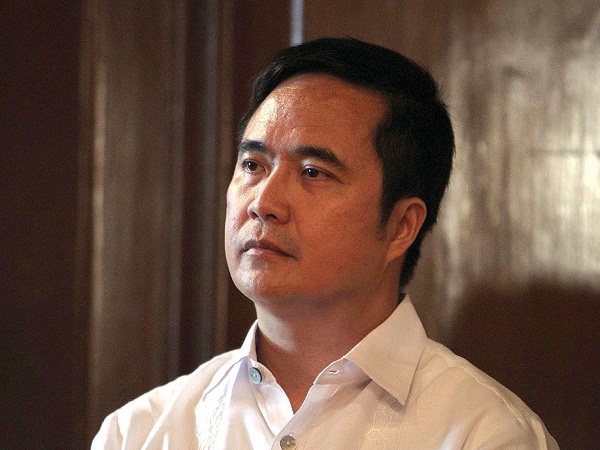MANILA, Philippines—Despite delays, the administration is bent on pursuing public-private partnership (PPP) projects and is doing its best to accommodate the demands of the private sector, according to Transportation and Communications Secretary Joseph Abaya.
Abaya, speaking at the House of Representatives hearing on the Department of Transportation and Communications (DOTC) budget, also said that no company had expressed a desire to drop its bid for PPP projects because of the slow progress of negotiations.
He admitted that the DOTC was responsible for the delays in PPP projects, but only because the agency was being careful before plunging into ventures that had not been properly studied.
“We’re not abandoning the program. We’re tweaking it a little to accommodate reasonable requests, but we will pursue PPP,” Abaya said.
He said government officials were also trying to accommodate the requests of the private firms, but not without taking the public interest into consideration.
Abaya said, however, the government could not do anything if some business firms chose to walk away.
Pursuing PPP projects was a “very complicated process,” Abaya said.
“It is really a sophisticated negotiation process but we’re learning from it,” he said, adding that the projects could prosper in the Philippines.
The PPP business ventures are funded through partnerships between government agencies and private sector companies for the purpose of putting up projects that would serve the public interest.
Abaya noted that in Indonesia, PPP projects never took off.
“We do realize the PPP has a spot under the sun, especially for countries lacking resources,” he said.
Recently, another project was delayed following the postponement of the bidding for a deal to operate a one-card system for all three elevated railway lines in Metro Manila.
Before that, the bidding for the Light Rail Transit-1 Cavite extension project also failed after only one group submitted a proposal, and was declared noncompliant. Three other bidders withdrew their proposals.



